Relationship

Letting Go With Grace: Emotional Tools for Closure
Letting go is never easy. Whether we are parting ways with a loved one, ending a relationship, leaving a job, or saying goodbye to a cherished chapter of life, the emotional weight can feel overwhelming. Yet, closure is essential for our emotional well-being. Without it, we carry unresolved grief, anger, regret, or longing that can seep into new relationships and experiences, holding us back from healing and growth.

When One Partner Struggles: Supporting Mental Health in Relationships
Relationships are a beautiful blend of shared experiences, emotional growth, and mutual care. But they also come with challenges—especially when one partner is struggling with their mental health. In a society like India, where mental health is still heavily stigmatized, couples often find themselves ill-equipped to handle psychological distress in their relationship.

Fighting Fair: How to Argue Without Breaking Your Bond — 5 Common Relationship Triggers and How to Manage Them
Arguments are an inevitable part of every relationship. But in India, where relationships often extend beyond two individuals to entire families, traditions, and unspoken expectations, conflicts can feel even more overwhelming. How do you fight fair with your partner without damaging the love you’ve built?

How to Practice Self-Care in an Indian Household Without Feeling Guilty
Self-care is often seen as a luxury in Indian households, where responsibilities and family expectations take priority over personal well-being. From childhood, we are taught to put others first, to serve, to sacrifice, and to constantly meet societal and family obligations. This deeply ingrained cultural mindset often makes self-care feel like an act of selfishness.

Employee Motivation 2.0: Modern Hacks vs. Traditional Methods
Sitting in his corner office, Amit, the CEO of a fast-growing tech firm, rubbed his temples in frustration. “We’re losing good people,” he muttered, scanning the latest resignation letter on his desk. “Our turnover is skyrocketing, productivity is slipping, and I can feel the low energy in the office. What’s going wrong?”

Motherhood and Mental Health: The Silent Struggles of Indian Mothers
Motherhood is often portrayed as a blissful journey filled with love and joy. However, behind the celebrations of bringing new life into the world, many mothers, especially in India, suffer in silence. The pressure to be a “perfect mother,” lack of emotional and social support, and the constant juggling between responsibilities take a toll on their mental health.

The Mental Health Crisis Among Indian Students: What Can Be Done?
In recent years, the mental health crisis among Indian students has become a growing concern. The pressure to excel academically, social expectations, economic constraints, and personal struggles create a highly stressful environment that takes a toll on their mental well-being. While awareness about mental health is increasing, there is still a significant gap in access to proper care and support. Addressing this issue requires a collective effort from educational institutions, parents, policymakers, and mental health professionals.

Why Manifestation Might Be the Missing Piece in Your Business Strategy, Even If It Sounds Like Nonsense.
It was a tense Monday morning. Lisa, the CEO of a fast-growing health tech startup, sat down with her COO, Mark. Sales were slowing down, the team was disengaged, and product deadlines were slipping.

Coping with PTSD: A Guide to Healing
Post-Traumatic Stress Disorder (PTSD) is a mental health condition triggered by experiencing or witnessing a traumatic event. Coping with PTSD can be a challenging journey, but various techniques have been developed to aid healing.

Rebuilding Life After Loss: Practical Tips for Emotional Resilience
Loss is an inevitable part of life, and its impact can leave us feeling shattered, vulnerable, and emotionally drained. Whether it’s the loss of a loved one, a relationship, a job, or even a personal dream, grief can profoundly affect mental health and the ability to function. Rebuilding life after loss requires courage, persistence, and emotional resilience. This article explores practical strategies to foster healing and adapt to life after significant loss, highlighting the vital role of CareMe Health in supporting this journey.

Rekindling Connection: How Couple Therapy Can Strengthen Relationships
Relationships form the bedrock of our emotional lives, offering love, companionship, and a sense of security. Yet, even the most loving partnerships face challenges. Miscommunication, unresolved conflicts, life stressors, or unmet expectations can cause emotional distance and strain between partners. When these issues persist, they can erode trust, intimacy, and happiness within the relationship. Couple therapy emerges as a proven method to address these challenges, helping partners navigate their differences and build a stronger, more connected relationship.

Overcoming Decision Paralysis: How to Take Action Without Overthinking
Decision paralysis, also known as analysis paralysis, occurs when overthinking and excessive deliberation lead to stagnation, making it difficult to choose between options. In today’s world, filled with countless choices and high expectations, decision paralysis can feel overwhelming. This inability to make timely decisions often leads to missed opportunities, heightened stress, and a constant state of dissatisfaction. This blog dives deep into the causes, consequences, and strategies to break free from decision paralysis. We’ll also discuss how CareMe’s mental health services can guide you toward confident and decisive action.

Loneliness and Mental Health: Why It’s More Than Just Feeling Alone
In an increasingly connected world, loneliness has emerged as a paradoxical epidemic affecting millions globally. While loneliness might seem like a simple feeling of being alone, its implications run deeper, affecting not just emotional well-being but also physical and mental health. In this blog, we delve into the profound connection between loneliness and mental health, explore its effects, and discuss how platforms like CareMe Health can provide a lifeline to those struggling with isolation.

Understanding and Managing Social Anxiety: Tips for Teenagers
Social anxiety is more common than most people realize, especially among teenagers who are navigating the challenges of school, friendships, social media, and family expectations. For teens facing social anxiety, the pressures of school, social gatherings, and public situations can feel overwhelming, sometimes resulting in avoidance, negative self-talk, or a sense of isolation. In India, as well as globally, social anxiety has seen an uptick, partly fueled by social media and academic pressures. Understanding and managing social anxiety is crucial for building confidence and enjoying life’s opportunities. Here’s an in-depth look at what social anxiety is, why it’s particularly prevalent during teenage years, and how to address it effectively.

Friendship Breakups: How to Handle Losing Friends and Moving Forward
Friendships are integral to our lives, especially during the teenage years when friends become a central part of our identity and support system. However, just as romantic relationships can end, friendships can also change or dissolve, leaving emotional challenges in their wake. A friendship breakup can be emotionally overwhelming, but understanding ways to cope and move forward can help make the process smoother.

The Long-Term Effects of Gaslighting: Healing and Rebuilding Confidence
Gaslighting is a form of psychological manipulation that causes someone to doubt their perceptions, emotions, or memories. Over time, gaslighting can erode a person’s self-worth and confidence, leading to profound and long-lasting effects on mental health. Though it’s often associated with romantic relationships, gaslighting can occur in various settings, including families, friendships, and workplaces. Understanding the toll it takes and how to heal from it is essential for anyone who has experienced this form of manipulation.

The Science of Happiness: Understanding Mental Health and How to Cultivate Joy
In a world that seems to be constantly demanding more from us, the quest for happiness has become more pressing than ever. But what does science tell us about happiness? Is it merely the absence of sadness, or is there something deeper and more profound about cultivating joy? In this comprehensive blog, we will delve into the scientific understanding of happiness, how it impacts mental health, and what actionable steps you can take to bring more joy into your life.
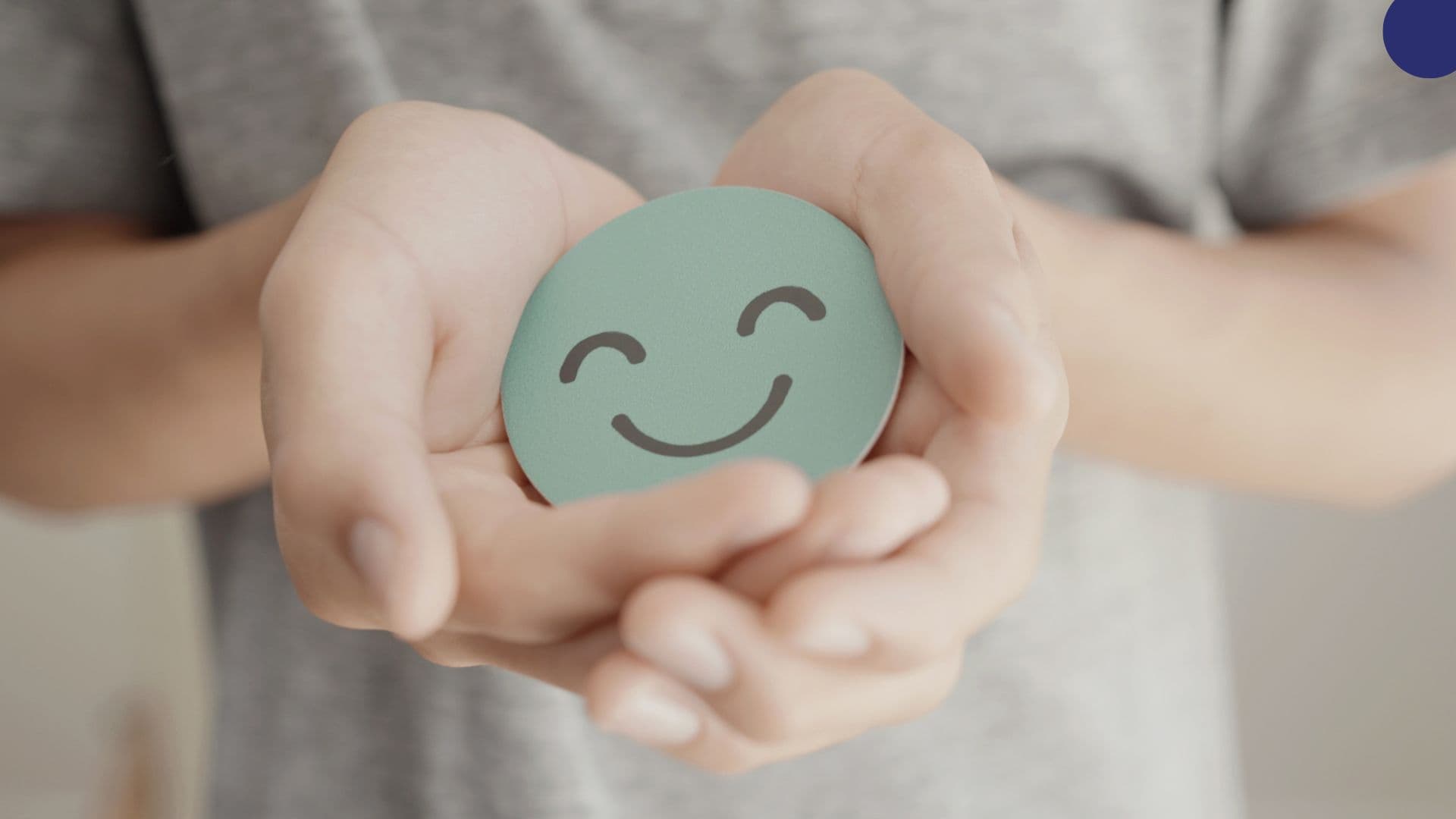
Why Prioritizing Your Mental Health Leads to Greater Happiness in All Areas of Life
In a world where success is often measured by external achievements, prioritizing mental health may seem secondary. However, research has shown that taking care of your mental well-being directly impacts your happiness, relationships, productivity, and overall quality of life. This is a critical area to consider, especially in our fast-paced society. Let's dive deeper into the connection between mental health and happiness and explore how making your mental health a priority can transform your life.

The Importance of Mental Health Breaks: How to Prevent Burnout During Exams and Deadlines
In the fast-paced world of academics, the pressure on students is immense. This is particularly true in India, where the academic system places a high value on scores, competitive exams, and rigorous study schedules. For students striving to meet these demands, burnout is a real and prevalent risk. Understanding the importance of mental health breaks can be crucial for sustaining both academic performance and overall well-being.

How Mindfulness and Meditation Can Help Reduce Anxiety and Improve Mental Health
In today’s fast-paced world, where stress and anxiety seem to be ever-present, mindfulness and meditation have emerged as powerful tools to improve mental health. These practices, rooted in ancient traditions yet backed by modern science, offer effective strategies to combat the mental strain many of us experience daily. By helping you become more present and grounded, mindfulness and meditation can pave the way for a more peaceful and resilient mind.

The Impact of Social Media on Mental Health: How to Stay Mentally Healthy Online
Social media has become an inseparable part of our daily lives, revolutionizing how we connect, share, and communicate. It offers endless opportunities to stay informed, find support, and build communities. However, there’s also growing concern about the adverse impact of social media on mental health. Whether it’s the pressure of curating the perfect life, exposure to negative content, or the addictive nature of endless scrolling, social media can take a significant toll on well-being.

Breaking the Stigma Around PTSD: How to Identify and Treat Post-Traumatic Stress Disorder
PTSD is a mental health condition that can develop after an individual experiences or witnesses a traumatic event. This event could be anything that causes intense fear, helplessness, or horror, such as natural disasters, accidents, war, or abuse. While it’s natural to feel stressed or fearful after such experiences, PTSD occurs when these feelings persist or worsen over time, interfering with daily life and relationships.

The Role of Family Support in Mental Health Recovery: How to Be There for Your Loved Ones
Mental health recovery is a journey that not only involves the individual struggling but also the people around them. Family support can be one of the most vital elements in helping someone recover from mental health challenges like depression, anxiety, addiction, or trauma. In a world where stigma around mental health still exists, having a supportive family can help break down barriers, provide much-needed understanding, and offer a stable foundation for recovery. This blog will explore why family support is crucial for mental health recovery, provide actionable ways to offer that support, and explain how CareMe Health can empower families to support their loved ones more effectively.

Parent Expectations vs. Student Aspirations: Finding a Balance
In today’s fast-paced world, the relationship between parent expectations and student aspirations is increasingly becoming a focal point in discussions surrounding education and personal development. Parents often envision a future for their children that is filled with success, stability, and opportunities. While these intentions are typically rooted in love and care, they may sometimes conflict with a student's personal dreams and aspirations, leading to friction and anxiety.

How Social Media Affects Mental Health: Tips for Healthy Use
In today's digital age, social media is an integral part of our daily lives. From connecting with friends and family to sharing moments and ideas, platforms like Facebook, Instagram, and Twitter have transformed the way we communicate. However, while social media offers numerous benefits, it also has a profound impact on mental health that warrants attention. Understanding both the positive and negative effects can help us navigate our online interactions more mindfully.

Mental Health for Students in India: Overcoming Academic Pressure
Academic pressure is a significant concern for students in India, where societal expectations, competition, and high-stakes exams weigh heavily on young minds. This pressure can lead to anxiety, depression, burnout, and other mental health challenges if not addressed effectively. Understanding how to manage academic stress while focusing on overall well-being is essential for students navigating the demanding educational landscape.
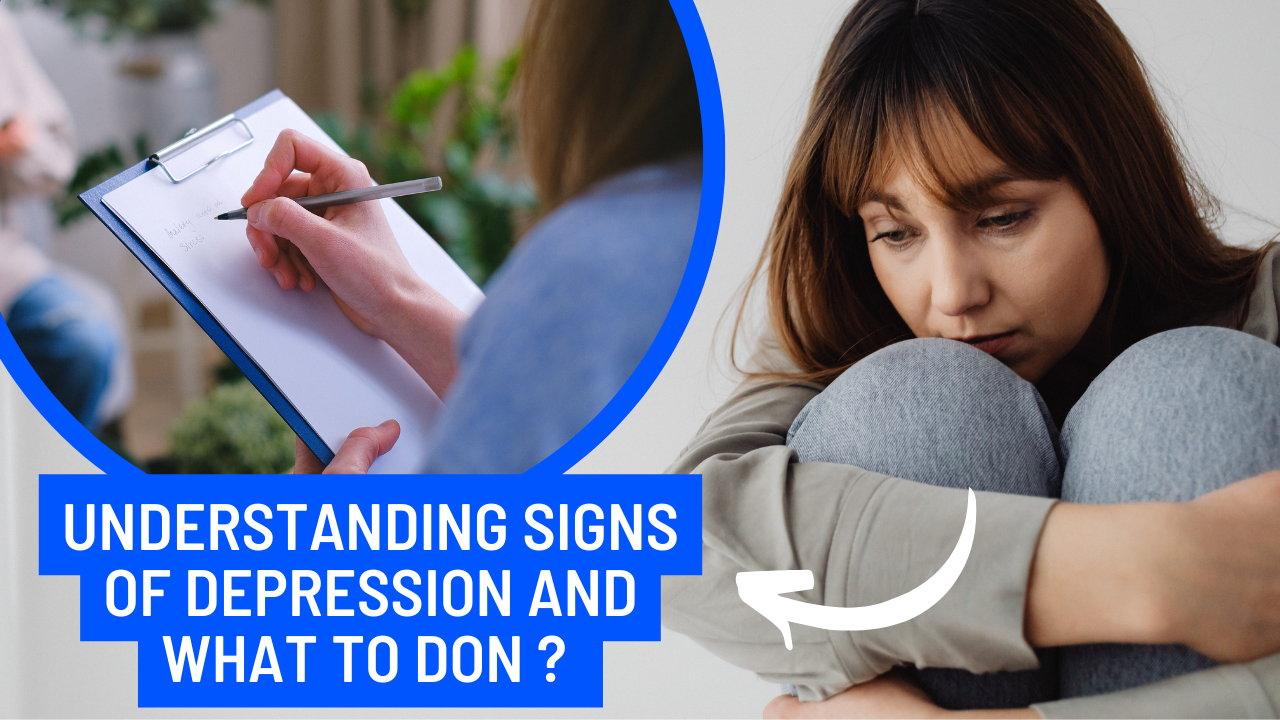
Understanding Signs of Depression and What to Do
Depression is a common but serious mood disorder that affects how you feel, think, and handle daily activities. It's important to distinguish depression from the occasional feelings of sadness or mood fluctuations everyone experiences. Depression involves persistent feelings of sadness and loss of interest that last for two weeks or more, significantly interfering with daily work, school, social activities, and family life. This condition goes beyond the realm of normal emotional responses and often requires professional treatment.
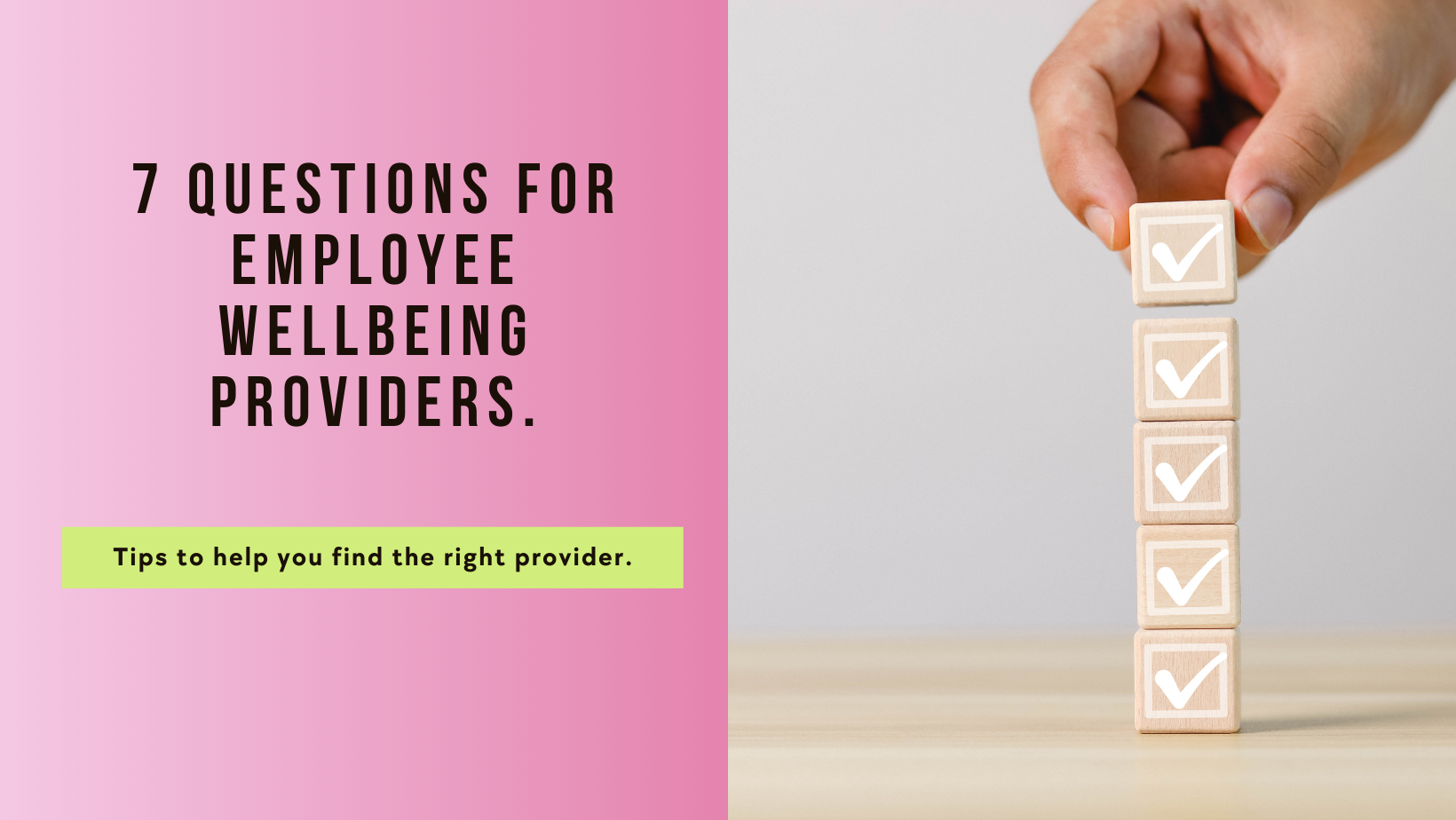
7 questions you should ask every employee wellbeing provider
7 questions you should ask every employee wellbeing provider Selecting an employee well-being provider is a critical decision for organizations committed to fostering a healthy and productive workplace. With the growing awareness of mental health in India, companies are increasingly seeking comprehensive solutions like CareMe Health to support their employees' well-being. When evaluating potential providers, asking the right questions can guide you to make an informed choice that aligns with your organization's values and needs. Here are seven essential questions to consider, backed by insights from studies and real-world practices.
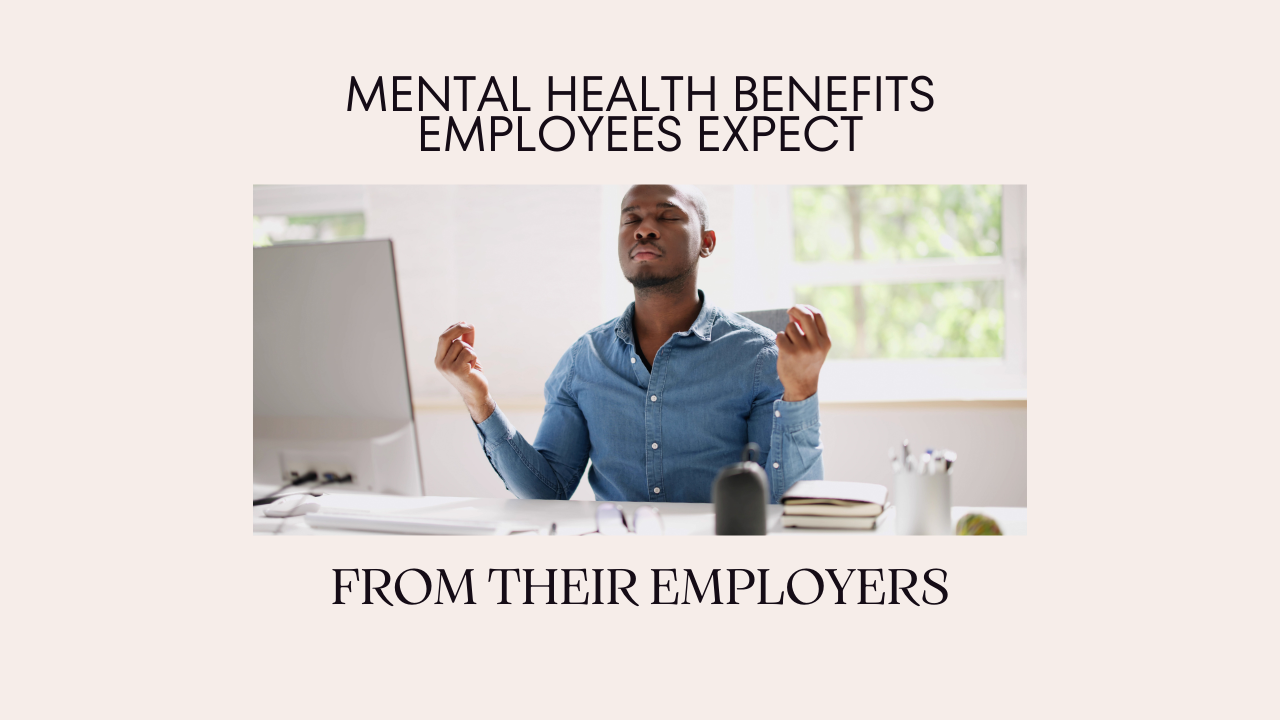
The mental health benefits employees expect from their employers
The Mental Health Benefits Employees Expect from Their Employers As we navigate the complexities of the modern workplace, the importance of mental health support has never been clearer. Employees across India are seeking workplaces that not only acknowledge but actively support their mental well-being. Here's what employees are looking for and how CareMe Health is meeting these needs.
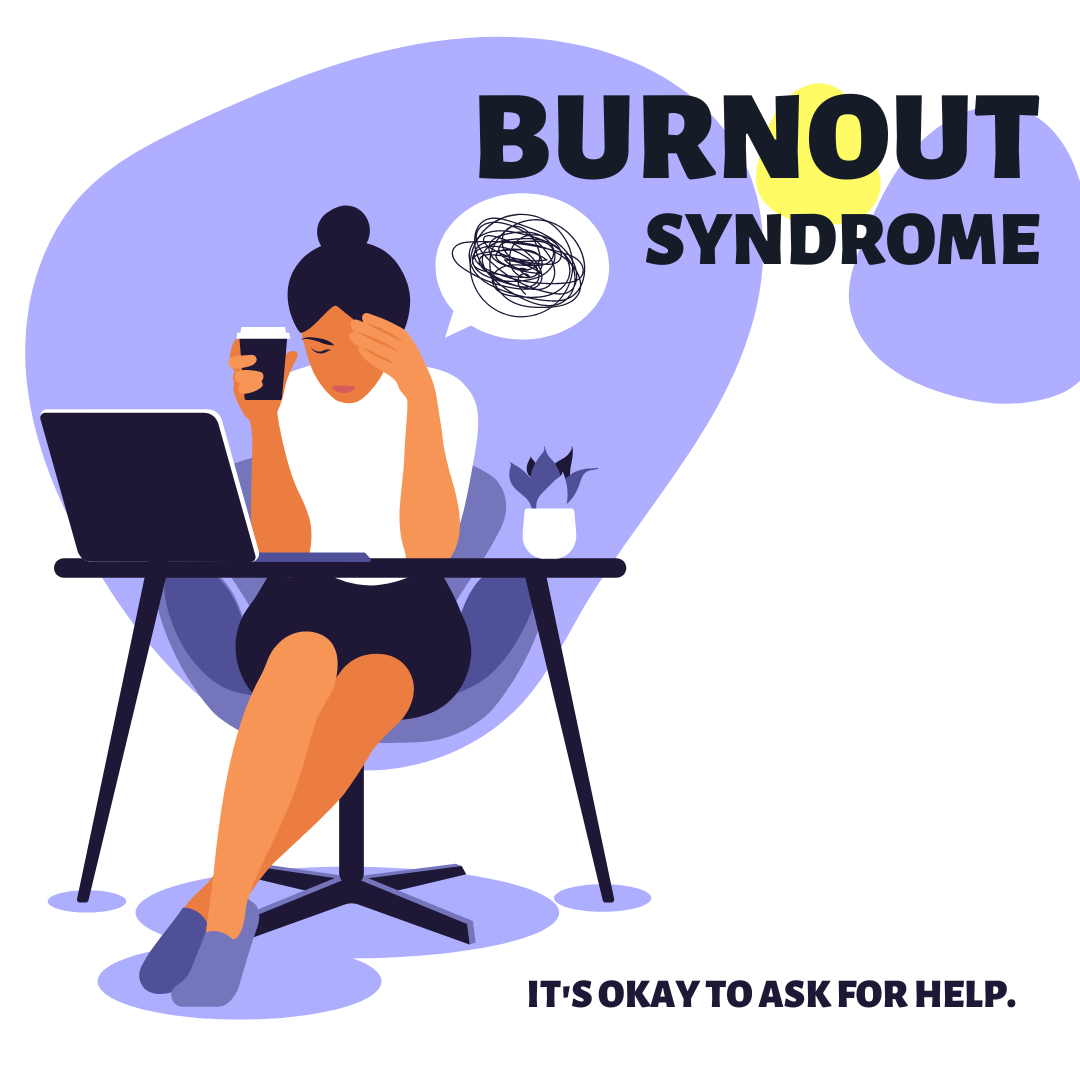
Tackling Employee burnout
Tackling Employee Burnout: The CareMe Health Approach In the vibrant yet demanding professional environment of India, employee burnout has become an increasingly common phenomenon, affecting productivity, mental health, and overall workplace harmony. The relentless pursuit of success, coupled with the fast-paced nature of modern work life, can lead to chronic stress, emotional exhaustion, and a diminished sense of personal accomplishment—hallmarks of burnout. CareMe Health emerges as a beacon of support in this scenario, offering a suite of features designed to address and alleviate the multifaceted aspects of burnout.
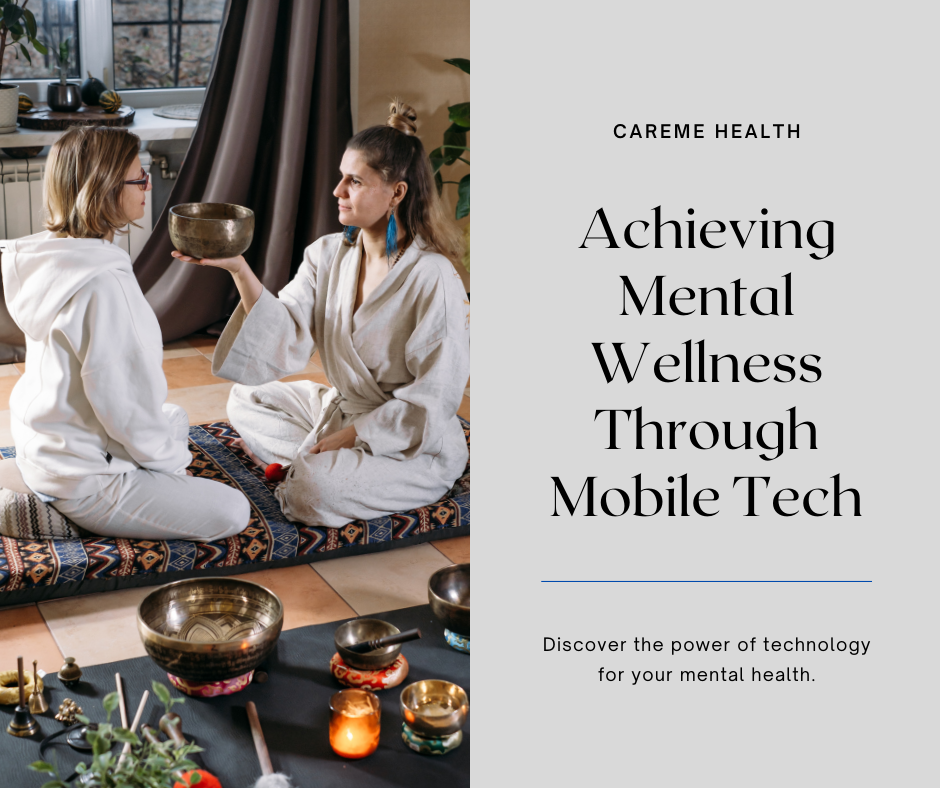
Mental health care and mobile tech: How CareMe achieves the magical mix
Mental Health Care and Mobile Tech: The Magical Mix of CareMe Health In today's fast-paced world, where the lines between physical and digital realms increasingly blur, mental health care has found a new ally in mobile technology. CareMe Health, an avant-garde mental health startup based in India, is at the forefront of this revolution, offering a harmonious blend of traditional care principles and cutting-edge technology. Let's explore how CareMe Health
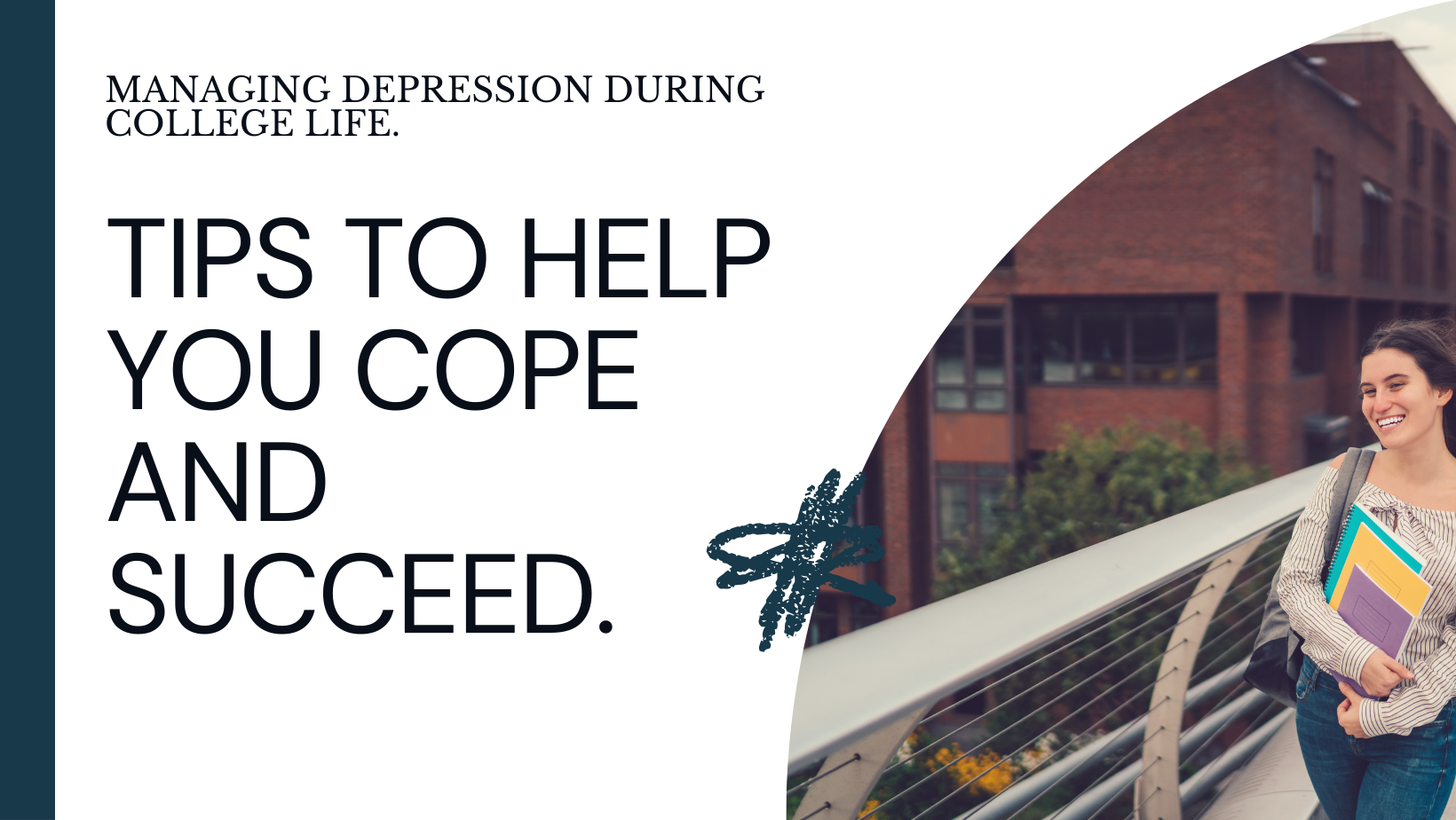
College Blues Getting You Down? Tips to Manage Depression During Studies
College Blues Getting You Down? Tips to Manage Depression During Studies College is a time of exploration, learning, and growth. But for many students across India, it's also a period marked by stress, anxiety, and sometimes, depression. The transition to college life, coupled with academic pressures and personal adjustments, can be overwhelming. If you're feeling the college blues, you're not alone. Here are some actionable tips to help you manage depression during your studies, with a special focus on how CareMe Health can support you on this journey.
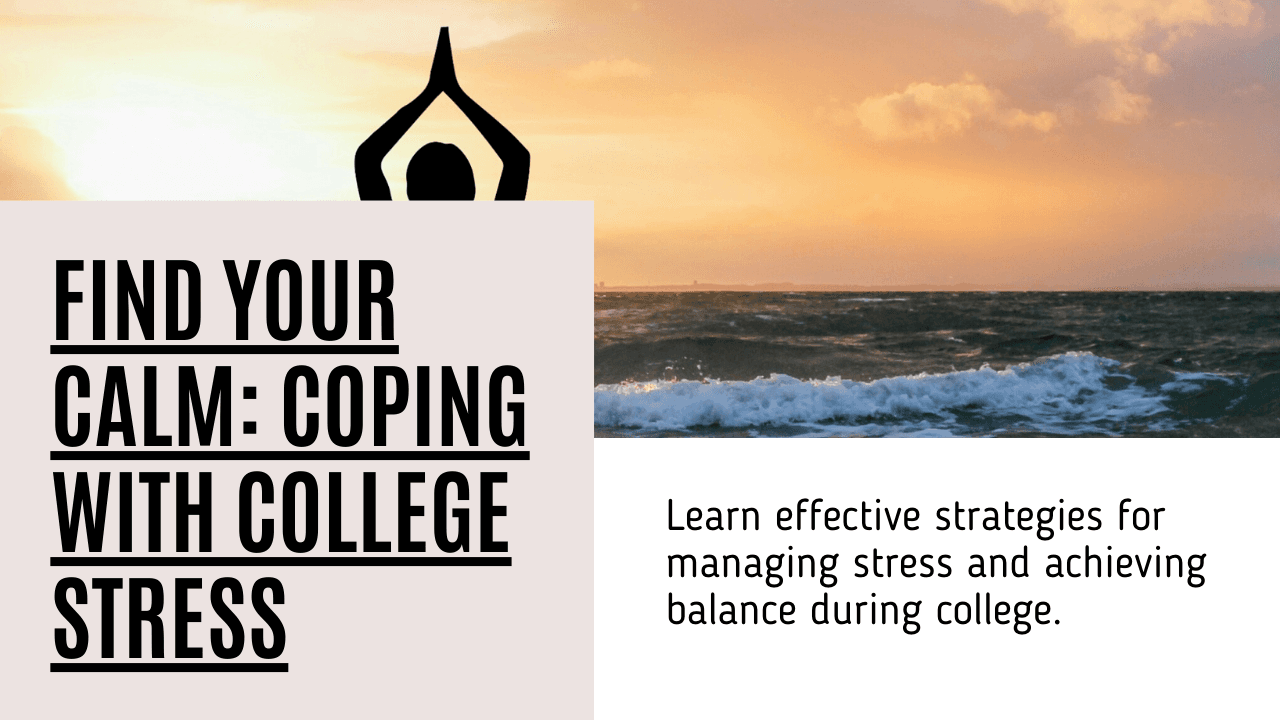
College Got You Stressed? Beat the Pressure and Find Your Calm
Navigating college life, with its myriad of challenges and opportunities, can often feel like a high-wire act, especially for students in India. The transition from school to the more autonomous environment of higher education can be exhilarating yet daunting, bringing with it academic pressures, career decisions, and personal growth experiences. In this context, managing stress becomes not just beneficial but essential for holistic well-being and academic success. CareMe Health, a pioneering mental health startup in India, offers a range of features designed to support college students in their journey towards stress management and mental wellness.

What is the wheel of life?
In the realm of personal development, the Wheel of Life stands out as a transformative tool designed to offer individuals a panoramic view of their lives, aiding in the pursuit of balance and fulfillment. This multifaceted tool divides life into key areas—ranging from career and relationships to personal growth and health—allowing for a comprehensive assessment of one's current state of being. By evaluating satisfaction levels across these diverse segments, individuals are empowered to identify areas that require attention and recalibration, fostering a more harmonious and fulfilling existence.

Need Someone to Talk To? Who You Can Open Up to About Feeling Stressed
Need Someone to Talk To? Who You Can Open Up to About Feeling Stressed In the bustling life of India, where the vibrant colors of culture blend with the rapid pace of modernization, stress has become a frequent visitor in the lives of many. Finding someone to talk to in these moments can be more than just comforting; it can be a lifeline. Let's explore the avenues available for those feeling the weight of stress and how CareMe Health emerges as a beacon of support and understanding.
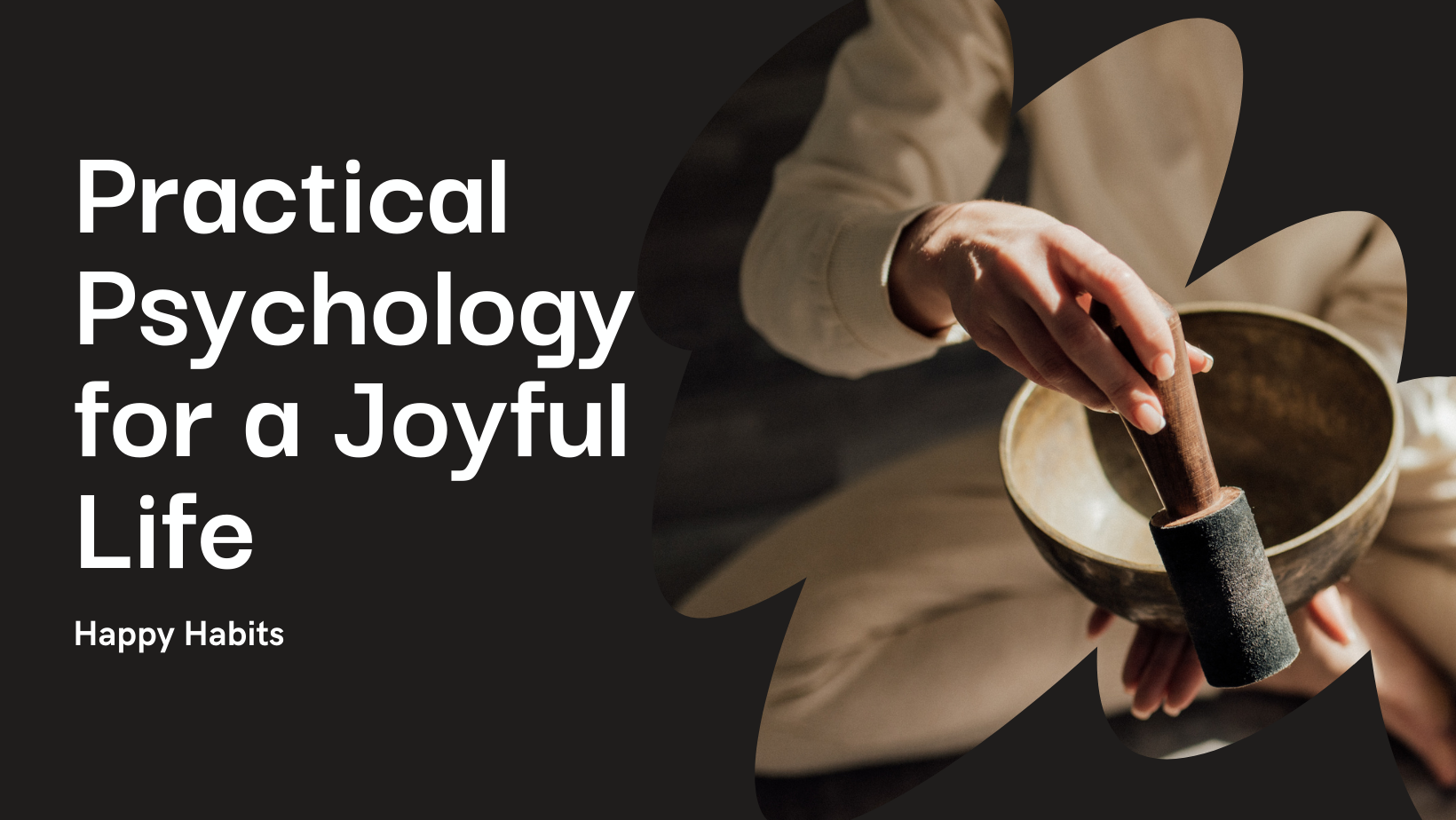
Pursuing Happiness:Practical Psychology Tips for a Joyful Life
The pursuit of happiness is a universal quest, deeply embedded in the human experience. It's more than just an emotional state; happiness is a crucial component of our overall well-being, influencing our life choices, health, and relationships.
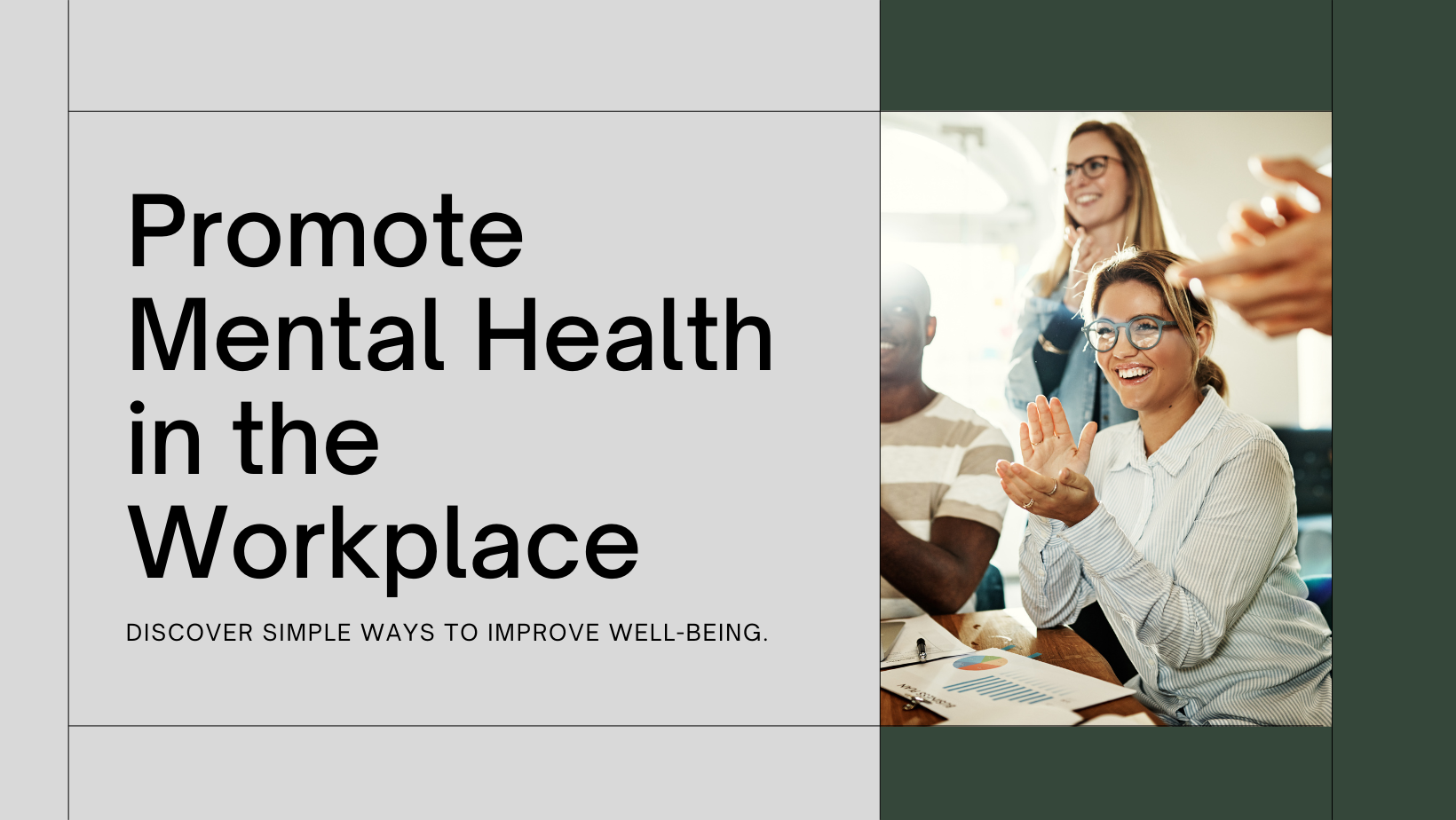
How to promote mental health in the workplace in 2024
In the rapidly evolving landscape of 2024, the significance of mental health in the workplace has never been more paramount. The global shift towards recognizing mental well-being as a crucial component of overall health is reshaping corporate cultures and policies worldwide, particularly in the wake of the transformative post-pandemic era. The enduring impact of the COVID-19 pandemic has precipitated a monumental shift in workplace dynamics, compelling organizations to reevaluate and prioritize the mental well-being of their employees as a fundamental aspect of their operational ethos.
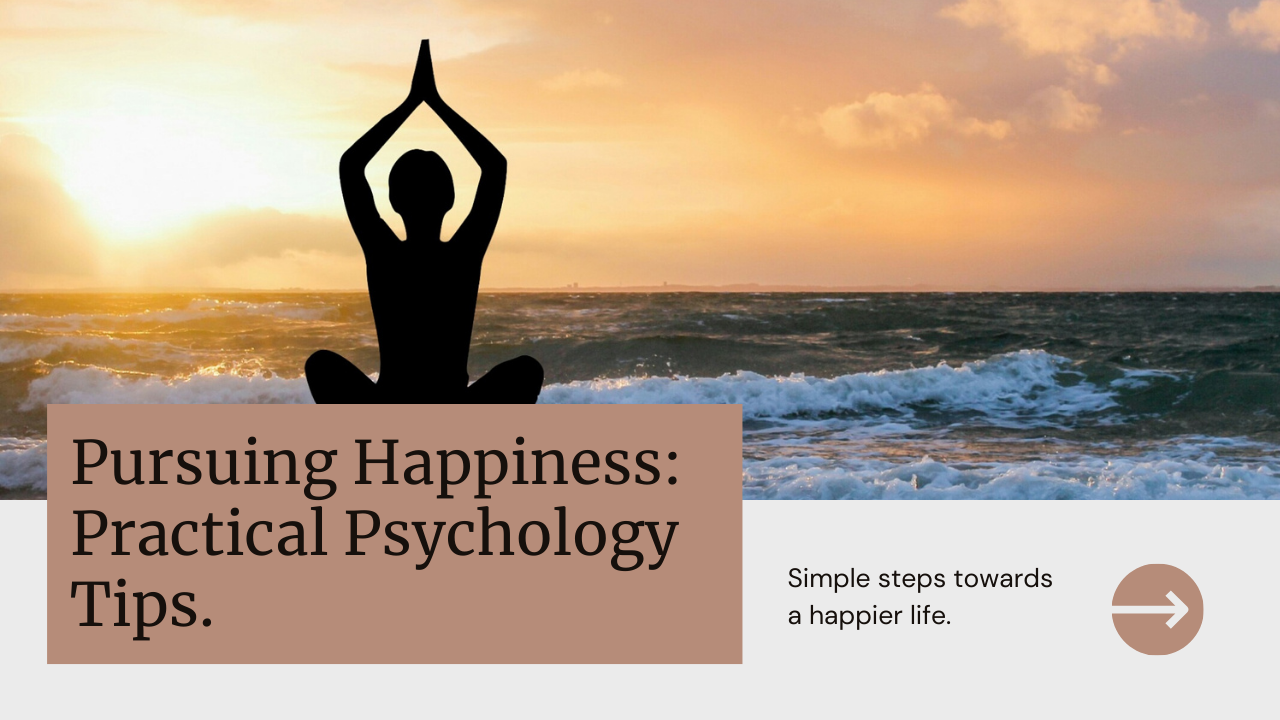
Pursuing Happiness: Practical Psychology Tips for a Joyful Life
In the relentless pursuit of happiness, we find ourselves navigating through the complexities of life, where each moment presents a new challenge. The universal quest for happiness is as old as humanity itself, yet in today's fast-paced, technology-driven world, this pursuit has taken on new dimensions. Happiness, once considered a byproduct of external circumstances, is now understood through a more introspective lens, where mental health plays a pivotal role.
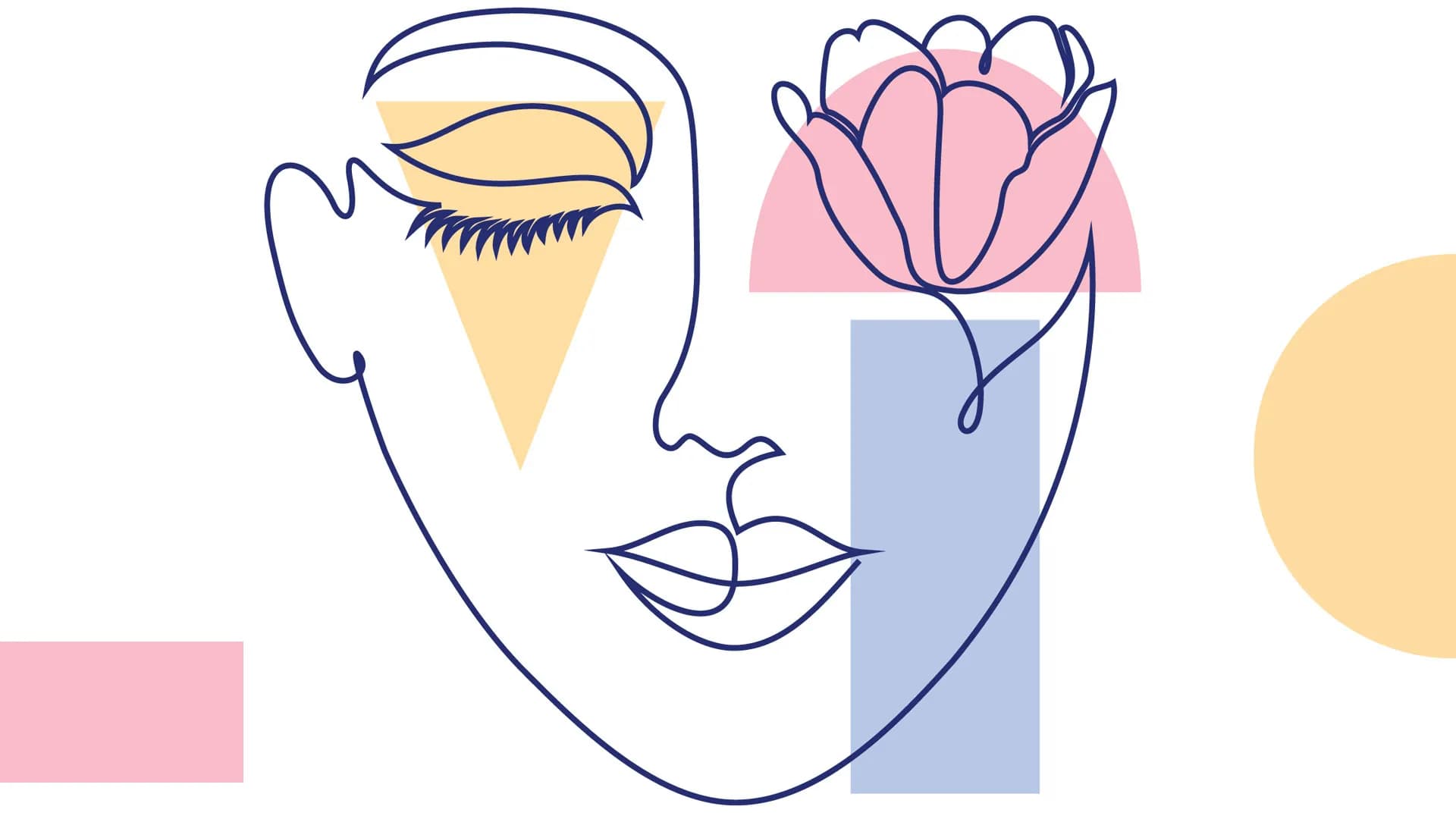
Integrative Therapy: Combining Approaches for Holistic Healing
Integrative therapy, a term often used in the field of psychotherapy and counseling, refers to the practice of combining various therapeutic approaches to address the multifaceted nature of individual psychological issues. It is based on the premise that no single form of therapy is effective for all clients and all types of problems. By integrating different theoretical orientations and methodologies, therapists can offer more personalized and holistic treatment plans that cater to the unique needs, preferences, and circumstances of each client.
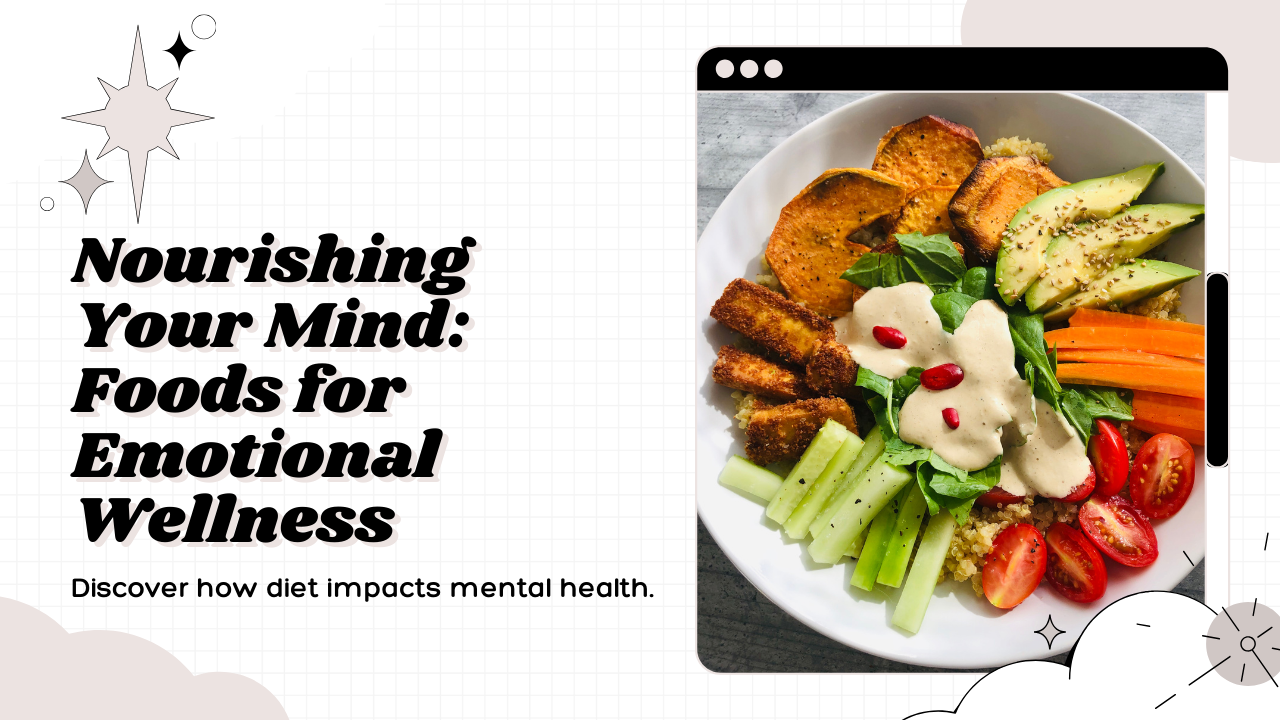
Diet and Mental Health Connection: Foods That Boost Emotional Well-being
Have you ever noticed how a warm cup of masala chai can uplift your mood on a stressful day or how a plate of your favorite biryani can bring a smile to your face? In a country as diverse and vibrant as India, where every festival, season, and region has its own culinary delights, food is not just sustenance; it's a source of joy, comfort, and tradition. But beyond the immediate pleasure it brings, have you considered the deeper impact of your diet on your mental well-being?

Athlete Mental Health: Lessons in Resilience and Mental Toughness
In the high-stakes world of competitive sports, the story of Indian cricket star Virat Kohli's candid disclosure about his struggles with mental health has been a beacon of hope and a call to action. Kohli, admired not just for his prowess on the field but also for his courage off it, opened up about the immense mental pressures elite athletes face, shedding light on an often-overlooked aspect of sports: mental health. His bravery in sharing his challenges serves as a powerful reminder that mental strength is as crucial as physical agility in achieving peak athletic performance.

Practicing Self-Compassion: Why Kindness Starts with You.
In the bustling rhythm of modern life, where the pursuit of success often leads to self-criticism and relentless comparison, the gentle art of self-compassion emerges as a beacon of inner peace and mental resilience. Self-compassion, a concept deeply rooted in psychological research, encourages an attitude of kindness and understanding towards oneself during times of failure or distress, rather than harsh self-judgment.
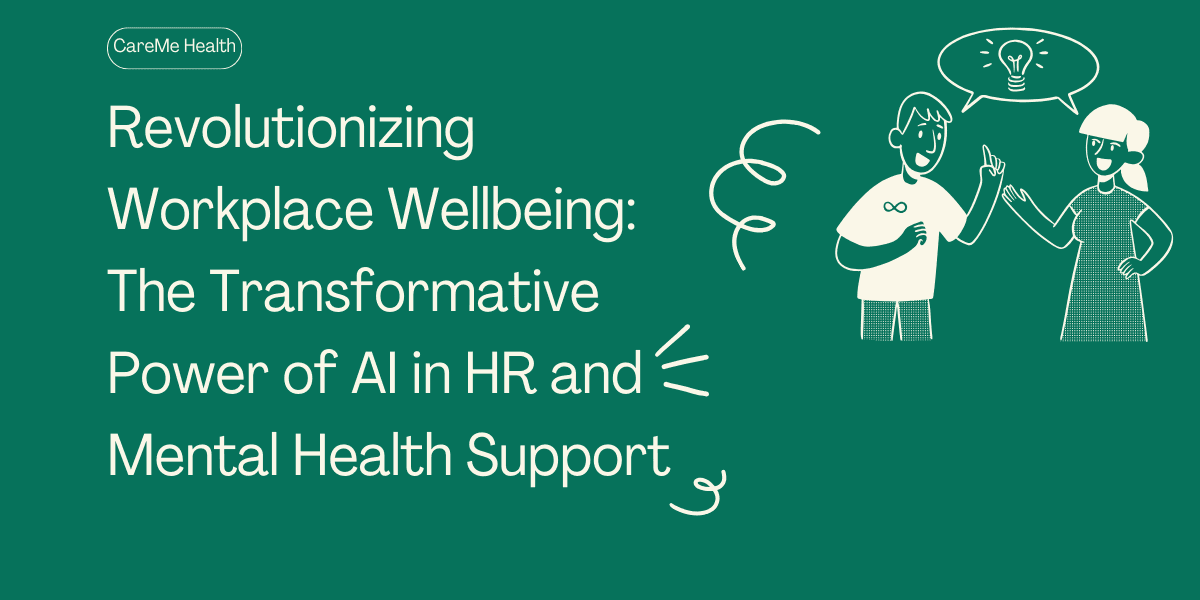
Revolutionizing Workplace Wellbeing: The Transformative Power of AI in HR and Mental Health Support
In the dynamic world of Human Resources (HR), the integration of Artificial Intelligence (AI) is revolutionizing how organizations approach leadership and employee wellbeing. Especially in a culturally rich and diverse country like India, where the workforce is a unique amalgamation of tradition and modernity, the role of HR is pivotal.
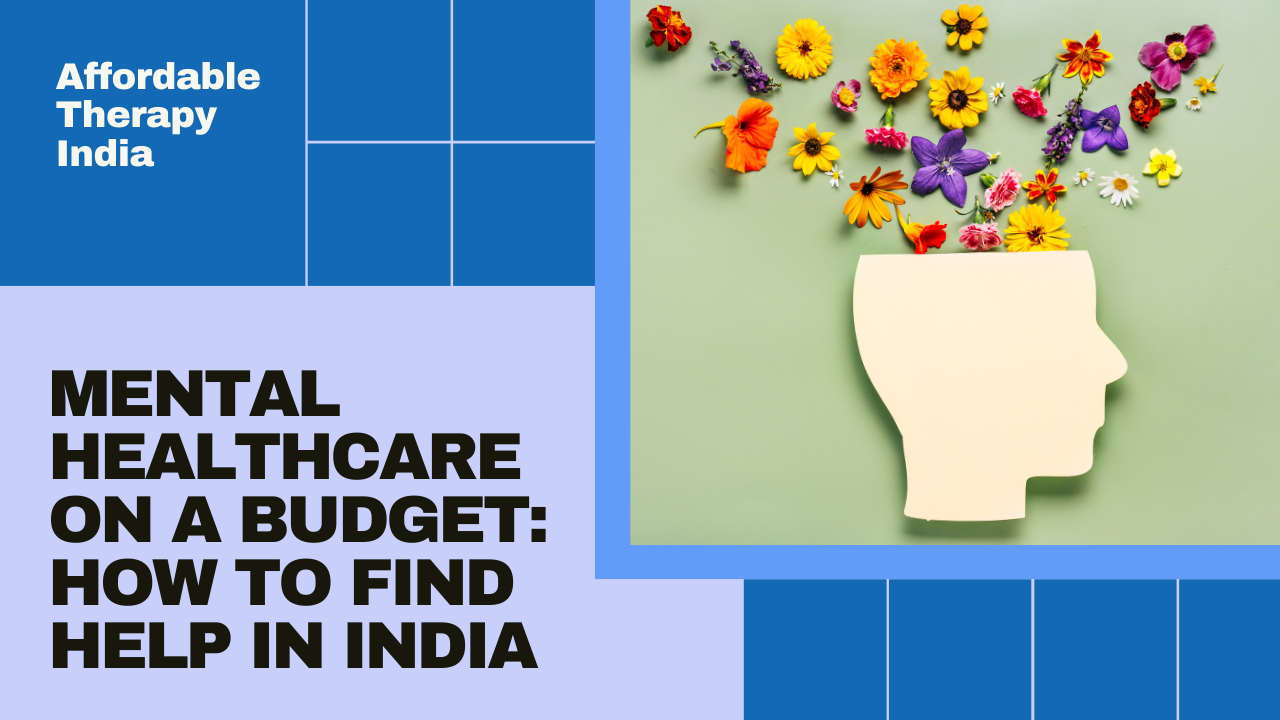
Therapy on a Budget: Affordable Mental Healthcare Options in India
In the bustling streets and tranquil countryside of India, where the tapestry of life is rich with diversity, a silent struggle often goes unnoticed. Despite the growing awareness around mental health, a significant barrier remains: the cost of care. With therapy sessions potentially ranging from hundreds to thousands of rupees per hour, many find themselves at a crossroads, forced to choose between financial stability and mental well-being. This stark reality leaves countless individuals navigating the turbulent waters of mental health challenges without a lifeline.

Sleep and Mental Health: Understanding the Vital Connection
Imagine a world draped in the velvet cloak of night, where every soul retreats to the silent embrace of sleep, recharging for the dawn yet to come. But what if, in this tranquil realm, your mind decides to embark on its own nocturnal adventure, weaving through past conversations, unresolved tasks, and the endless "what ifs" of tomorrow? This isn't just a fleeting moment of restlessness; it's a nightly saga for millions. Surprisingly, research reveals a striking narrative: nearly 8 in 10 individuals grappling with mental health challenges are also caught in the tangled web of sleep disturbances. It's as if their minds are on an endless marathon, with no finish line in sight.
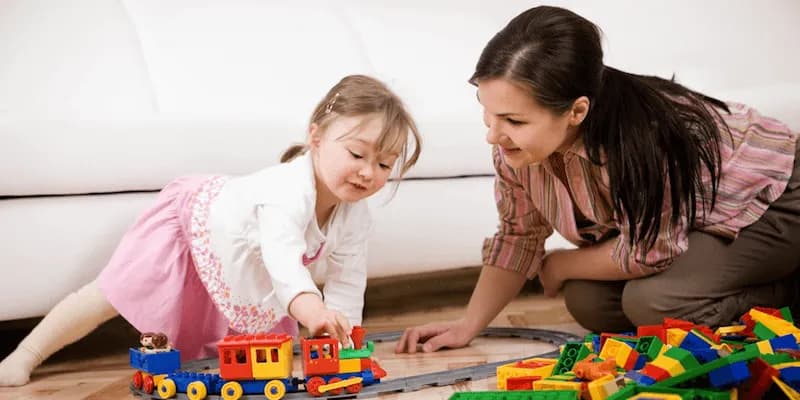
Play Therapy: Supporting Children's Emotional Well-being Through Play
Play therapy is a therapeutic approach primarily used to help children explore their lives and freely express repressed thoughts and emotions through play. This method of therapy provides a safe, comfortable environment where the child can express themselves in a way that is natural to them, without the pressures of a more adult-like conversation or setting. The core belief underlying play therapy is that play is the child's natural medium of self-expression.
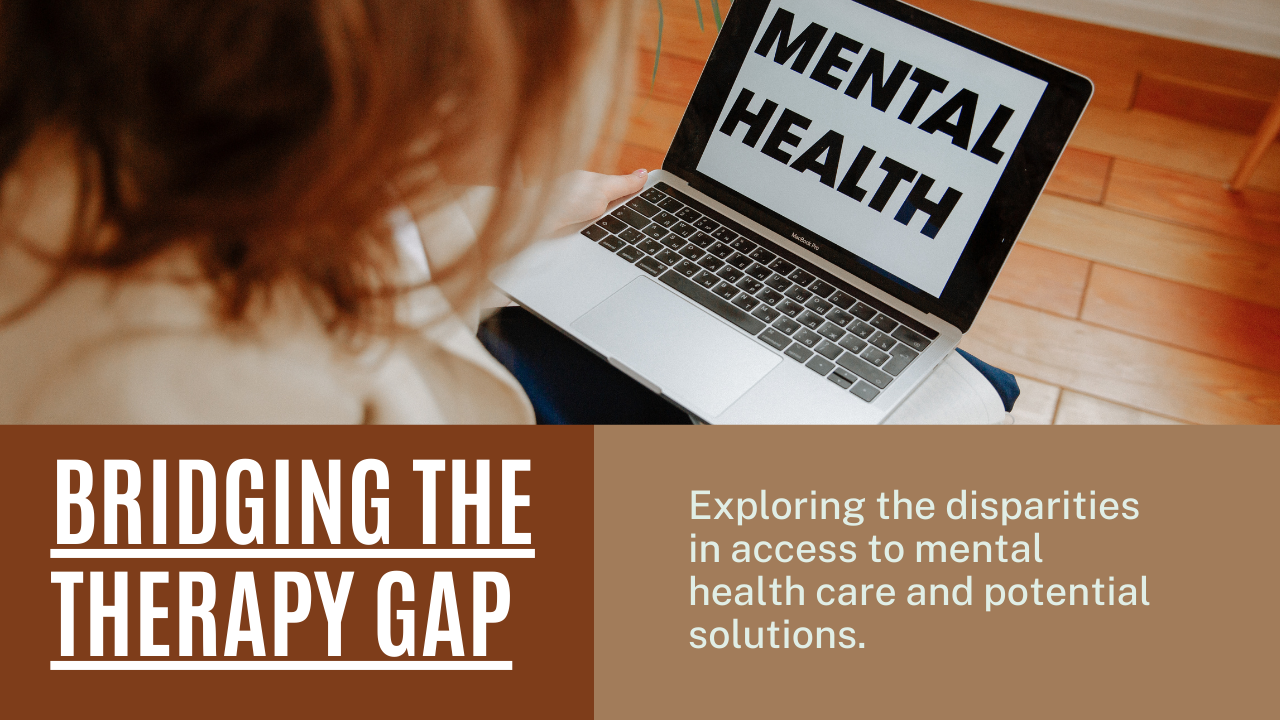
The Therapy Gap: Bridging Cultural and Financial Barriers in Mental Health Care
In a world that's constantly on the move, taking a moment to talk about something as crucial as mental health seems like a luxury many can't afford. Yet, there's an elephant in the room we can't ignore any longer - 'The Therapy Gap.' It's this vast expanse that lies between those in need of mental health care and the actual, accessible support they receive. This gap isn't just about distance; it's woven with threads of cultural misunderstandings and financial barriers that make crossing it feel like an insurmountable task for many.
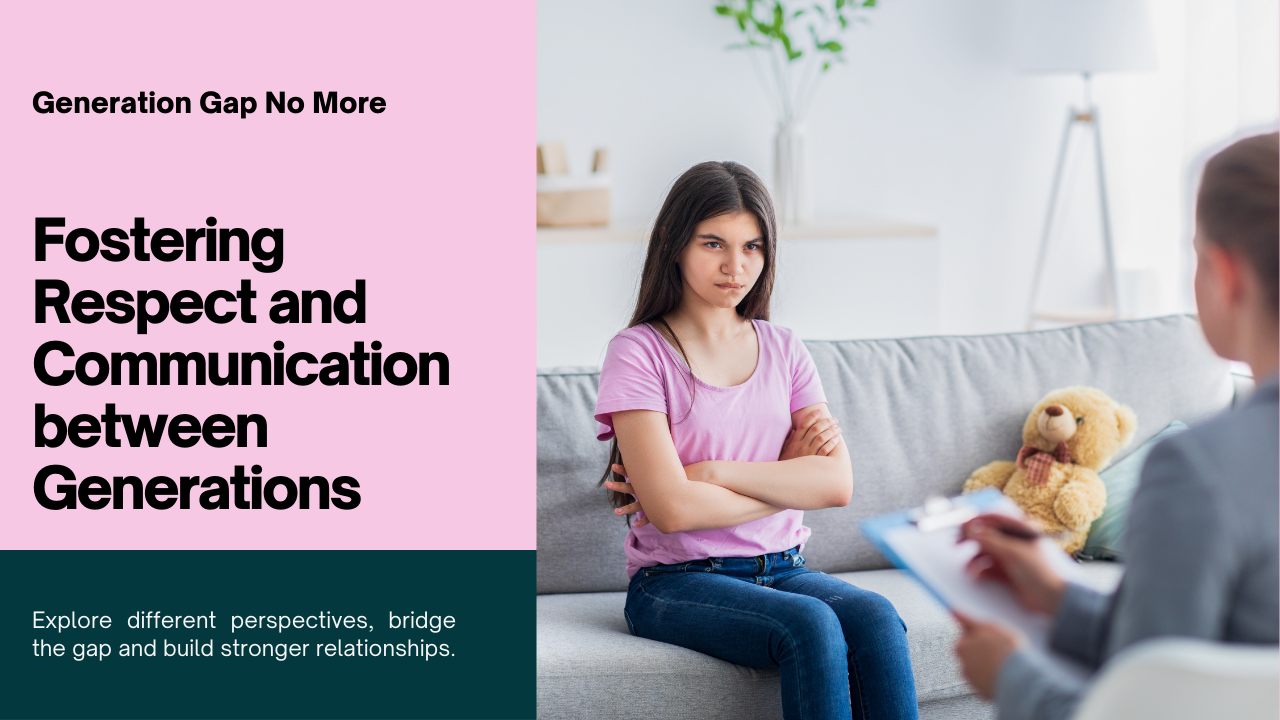
Teen Talk: Fostering Respect and Communication Between Generations
In today's fast-paced digital age, the art of healthy communication between teenagers and adults has never been more critical. The advent of technology and the internet has reshaped the landscape of human interactions, bringing unique challenges to the forefront of familial relationships. Teenagers, who are at a pivotal stage of development, find themselves navigating a world vastly different from that of their parents' youth. This generational divide, amplified by digital communication platforms, can often lead to misunderstandings and a disconnect between family members

Long-Distance Family Ties: Supporting Your Parents' Mental Health from Abroad
In today's globalized world, it's not uncommon for family members to find themselves scattered across different countries in pursuit of education, career opportunities, or personal growth. This phenomenon is particularly resonant in India, a country known for its strong family bonds and collective culture. A recent survey highlighted that nearly 20% of Indian adults have close family members living abroad, underscoring the prevalence of long-distance family ties within the Indian diaspora.

Seeing Your Ex Move On: Coping Strategies for Healing
Have you ever scrolled through your social media feed only to come across a photo of your ex smiling ear to ear with someone new? That sinking feeling in your stomach, the rush of emotions flooding back—it's a scenario many of us have experienced, and it's not easy to navigate. Breakups are tough, but seeing your ex move on can feel like reopening old wounds.